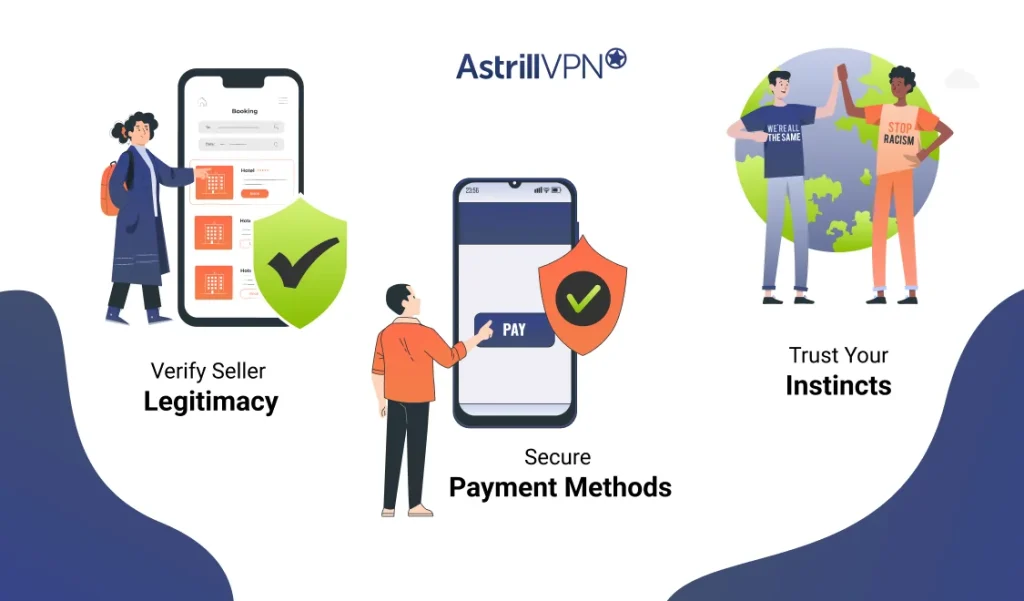When Olivia clicked “Confirm Booking,” she thought she was about to experience the vacation of a lifetime. A luxury resort in Cancun, seven nights, ocean view, complimentary excursions—all for a shockingly low price. It felt like a dream. But weeks later, that dream crumbled when she arrived at the resort only to be told no reservation existed under her name.
That’s when Olivia realized she had fallen victim to the booksi scam.
She had trusted the platform with her money, her time, and her dreams. Now, she was stranded in a foreign country, confused and heartbroken. Unfortunately, Olivia’s story is just one among thousands in a growing wave of online travel scams.
What is Booksi and Why People Fall For It
Booksi markets itself as a discounted travel booking site offering insane deals—up to 80% off on luxury vacations. Their social media ads are flashy, filled with dreamy beaches and happy couples. And when you first browse the site, it looks legitimate: professional layout, customer reviews, contact info.
But here’s the catch—many travelers who book through Booksi either receive no confirmation, are rerouted to timeshare presentations, or are hit with undisclosed fees.
The booksi scam works by luring people in with big discounts, then manipulating them into giving up their money with little to no accountability. Many don’t realize the deception from platforms like Booksi until it’s too late.
The Hidden Traps Behind the Booksi Scam
At first glance, Booksi seems no different from Expedia or Booking.com. But dig a little deeper, and red flags start to surface:
- Too-Good-To-Be-True Prices: High-end resorts at bargain-basement prices are a classic scam tactic.
- Vague Terms and Conditions: Some deals require attendance at timeshare seminars that are never mentioned upfront.
- No Proper Customer Support: Victims report that their emails go unanswered, and customer service numbers are either inactive or outsourced.
- No Real Booking System: Often, after payment is made, no official confirmation from the hotel is ever received.
This is how the booksi scam ensnares its victims—by promising luxury and delivering disappointment.

Real Stories from Victims
James & Melissa, a young couple from New York, thought they had found the perfect honeymoon getaway through Booksi. They paid $799 for a “5-star all-inclusive resort package” in the Dominican Republic. But upon arrival, they discovered their reservation didn’t exist.
Aaron, a solo traveler from Texas, got roped into a two-day timeshare seminar that he didn’t know was part of the package. The resort held his room key as collateral until he attended the full session.
Countless online forums and Facebook groups now share similar horror stories. The emotional and financial toll is real.
These stories shine a light on the darker side of online travel deals…
How to Spot a Travel Scam
Learning to spot a scam is the first step to protecting yourself. Here’s what to look out for:
- Pressure to Book Fast: Scams often urge users to “book now” due to “limited-time deals.”
- Lack of Transparency: If it’s unclear what’s included or how the process works, walk away.
- No Direct Hotel Confirmation: Always call the hotel directly to confirm the reservation.
- Sketchy Reviews: Fake reviews often sound generic and overly positive. Look for reviews on independent platforms like Trustpilot.
Avoid falling prey to the booksi scam or any similar setup by staying alert and verifying every detail.
What to Do If You’ve Been Scammed
If you realize you’ve been scammed, it’s important not to panic. Here are some steps you can take:
- Contact Your Bank Immediately: Dispute the transaction and request a chargeback.
- File a Complaint: Report the incident to the Federal Trade Commission (FTC) or relevant consumer protection agency in your country.
- Warn Others: Share your story online to prevent others from falling into the same trap.
- Check for Legal Options: Some victims may be able to join class action lawsuits against fraudulent companies.
Taking action can reduce the damage and possibly help you recover your money from the booksi scam.
Safe Alternatives to Booksi
If you’re hunting for affordable travel deals, there are plenty of trustworthy options out there:
- Google Travel: Aggregates offers from various reliable sources.
- Expedia / Booking.com / Hotels.com: Well-established platforms with transparent policies.
- Airbnb: Great for unique stays with verified hosts and secure transactions.
- Direct Booking: Often, hotels offer the best rates on their own websites.
Avoiding the booksi scam is possible when you stick with known, reputable travel platforms that have solid customer reviews and responsive support.

Visit our website for more updates and stories
Final Thoughts
The booksi scam is a wake-up call for today’s digital travelers. In the age of social media ads and glossy websites, even the most experienced explorers can be tricked. But stories like Olivia’s, James & Melissa’s, and Aaron’s remind us of the power of awareness and caution.
Scams prey on hope, on dreams, and on the idea of a better tomorrow. But when we educate ourselves and others, we turn the tide against fraud.
Before you book your next vacation, take a pause. Research, verify, and choose wisely. Because while memories are priceless, falling victim to a scam will cost you more than money—it will cost you trust.
And that’s the true tragedy behind the booksi scam.












